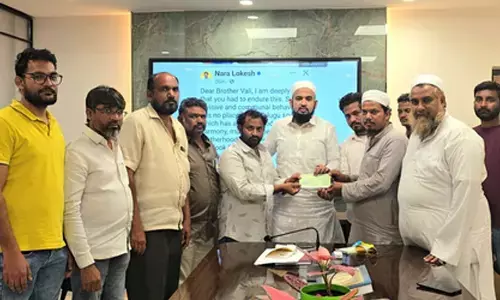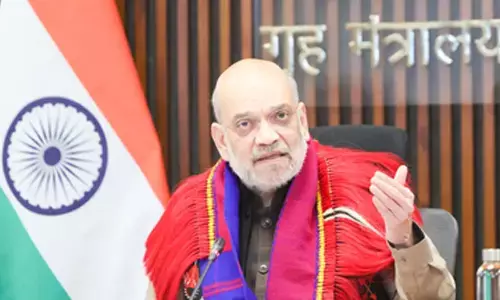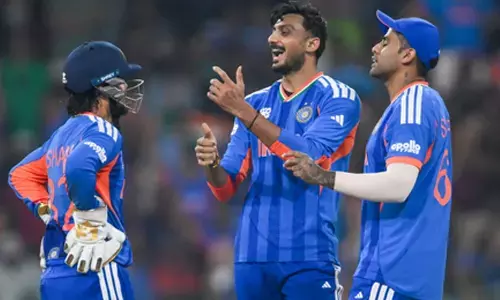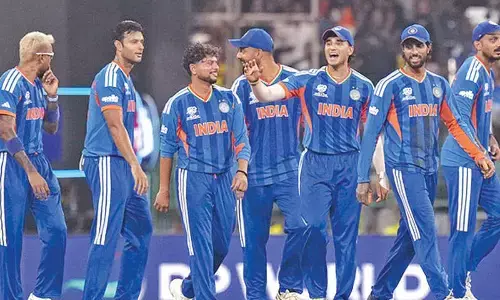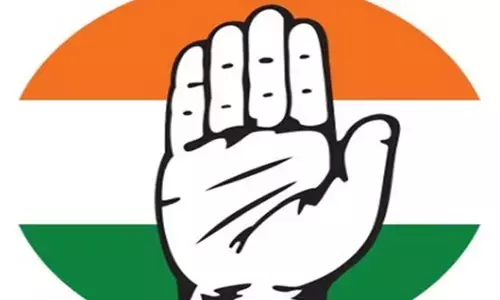Telecom biggies Airtel, Vodafone and Idea leave no provisions for AGR disputed amount
Share :
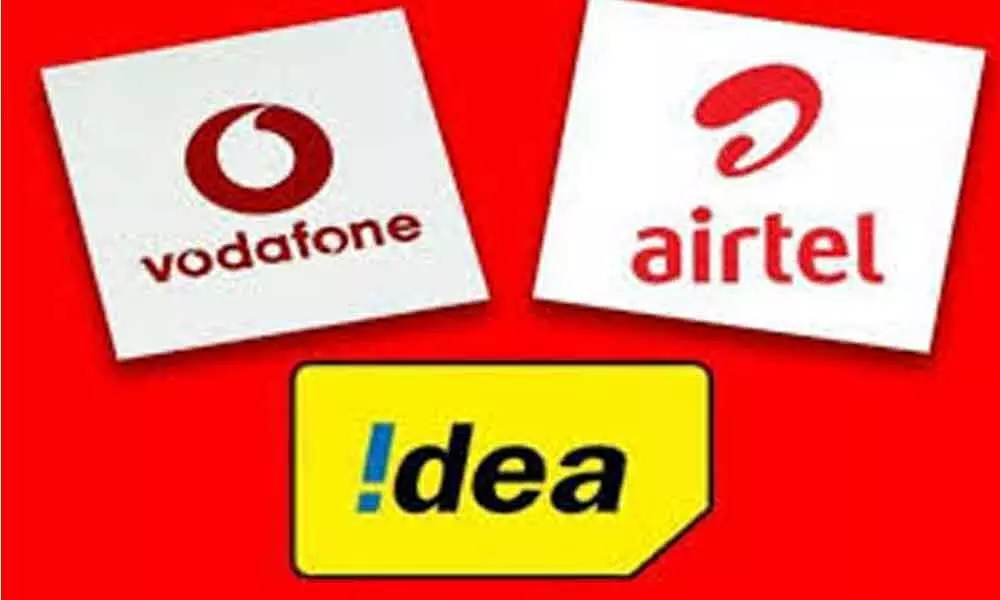
A study of the balance sheets of private telecom operators, namely Bharti Airtel, Vodafone and Idea, show that they did not declare the disputed amounts under the levy of annual gross revenues (AGR) as provisions in their books.
New Delhi, Oct 29: A study of the balance sheets of private telecom operators, namely Bharti Airtel, Vodafone and Idea, show that they did not declare the disputed amounts under the levy of annual gross revenues (AGR) as provisions in their books.
The Supreme Court recently ruled that telcos have to pay approximately Rs 92,000 crore to Department of Telecommunications (DoT) as revenue share on AGR computation.
According to telecom regulator Trai sources, 15 per cent AGR was fixed as licence fee under "revenue sharing" which was reduced to 13 per cent, and lastly to 8 per cent in 2013. It appears that the revenue sharing package turned out to be very beneficial to the telecom service providers, which is evident from the continuing rise in gross revenues, sources said.
In 2004, telecom service providers (TSP) earned gross revenues of Rs 4,855 crore which, by 2015, has undergone a quantum jump to Rs 2.37 lakh crore.
Analysts have also looked at the Accounting Standard 37 in view of reported assertions by the telecom operators on not providing sufficiently for revenue share liability. This is important because the accounting standard is binding on them under the Companies (Accounting Standard) Rules, 2015, read with Section 469 of the Companies Act, 2013.
Accordingly, the companies were expected to declare the disputed amounts as 'provisions' since they were well aware of such amounts all through the proceedings before Telecom Disputes Settlement and Appellate Tribunal (TDSAT) and till the matter was disposed off by the Supreme Court.
Instead, a mere mention by them of the disputed in unquantified terms as a 'contingent' or 'deferred' liability is insufficient compliance of the said AS 37 read with the 2015 Rules and section 469 of the Companies Act 2013, analysts contend.
Analysts have also examined the informal averments by Bharti Group of their inability to meet the revenue share liabilities. In fact, the market cap of the equity shares held by the Bharti Group alone in Bharti Airtel is approximately Rs 48,000 crore - which is more than double the purported revenue share liability of about Rs 23,000 crore. This argument may not be relevant for Vodafone Idea given the present state of its stock price.
The telecom operators did not disclose the revenue payments to DoT in financial filings. For Bharti Airtel, the revenue share payable to DoT in 2010-11 was Rs 5,352 crore, in 2011-12 it was Rs 5,358 crore, in 2012-13 it was Rs 7,228 crore, in 2013-14 it was Rs 77,17 crore, in 2014-15 it was Rs 7,363 crore, in 2015-16 it was Rs 7,723 crore, in 2016-17 it was Rs 7,637 crore, in 2017-18 it was Rs 6,695 crore and in 2018-19 it was Rs 6,462 crore.
Similarly, for Vodafone's standalone computation before its merger with Idea, the revenue payable to DoT was not disclosed in financial filings.
In 2010-11, the revenue payable to DoT was Rs 268 crore, in the subsequent year it was the same, in 2012-13, it jumped substantially with increase in revenues to Rs 3,292 crore, it was Rs 3,654 crore at 9 per cent levy and Rs 3,248 crore at 8 per cent levy in 2013-14, in the next year it was Rs 3,644 crore, in 2015-16 it was Rs 3,827 crore while the figures for 2016-17 are not available.
In the case of Idea Cellular, in 2010-11, the revenue payable to DoT was Rs 1,550 crore, it was Rs 1,758 crore the next year, in 2012-13 it was Rs 2,021 crore, it was Rs 2,386 crore at 9 per cent and Rs 2,121 crore at 8 per cent levy in the subsequent year, in 2014-15 it was Rs 2,563 crore, while it was Rs 2,896 crore in 2015-16 and Rs 2,870 crore in 2016-17.
For the merged entity Vodafone Idea, the revenue payable to DoT in 2017-18, was Rs 2,290 crore and Rs 3,026 crore in 2018-19.

